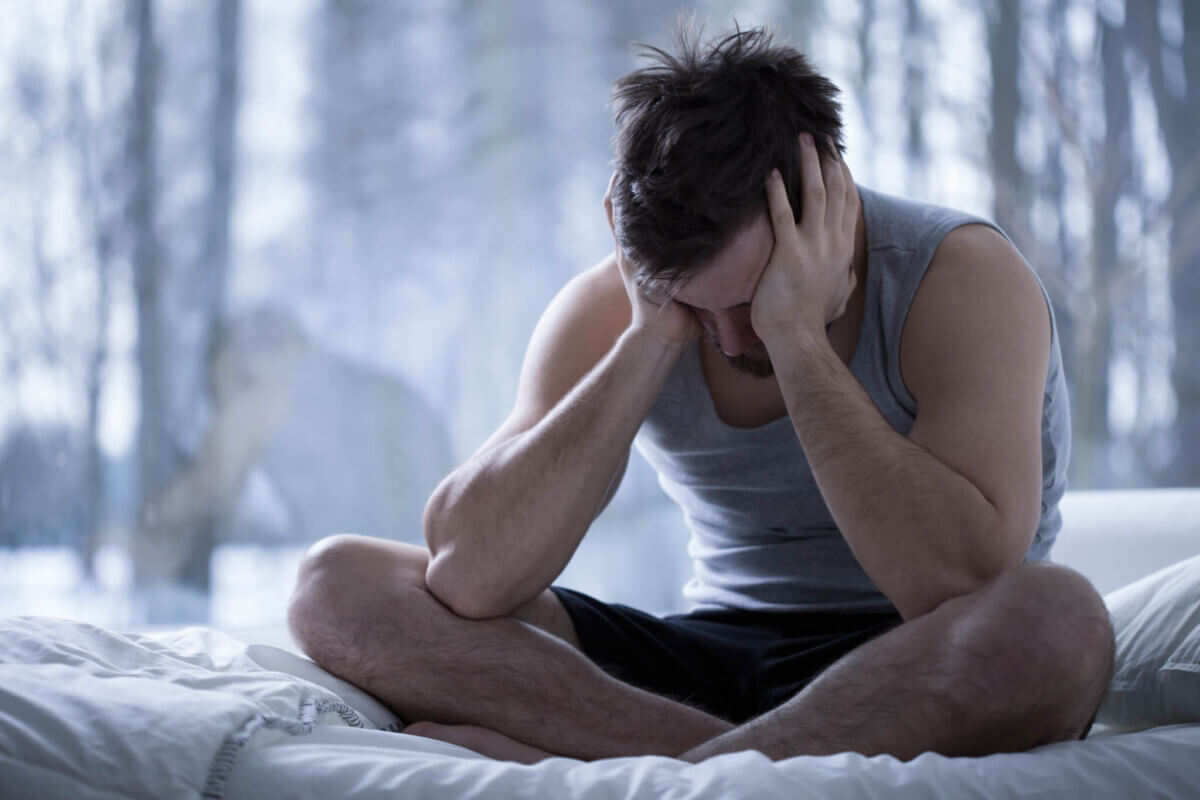
(© Photographee.eu - stock.adobe.com)
TAMPA, Fla. — Sleep loss catches up with us very quickly, according to a new study out of the University of Southern Florida. Researchers say all it takes is three consecutive nights of sleep loss to experience a “great deterioration” in both mental and physical wellbeing. A poor night's sleep was defined as any evening in which an individual slept less than the universally recommended six to eight hours per night.
Interestingly, study authors report that the largest “jump” in symptoms materialized after a single night of inadequate sleep. From there both mental and physical problems steadily got worse before peaking around day three of poor sleep. By around the 72-hour mark most participants' bodies appeared to get used to and adapt to a certain degree of sleep deprivation.
By day six, however, study subjects told researchers that their physical wellbeing was at an all time low.
“Many of us think that we can pay our sleep debt on weekends and be more productive on weekdays,” says lead study author Soomi Lee, assistant professor in the School of Aging Studies at the University of South Florida, in a press release. “However, results from this study show that having just one night of sleep loss can significantly impair your daily functioning.”
Don't let your body get used to lack of sleep
Data originally collected for the Midlife in the United States study was analyzed for this project, encompassing close to 2,000 educated middle-aged adults with relatively strong health. Roughly 42 percent of that group dealt with at least one night of sleep loss — which usually meant sleeping about an hour and a half less than usual. Each participant kept track of their sleep habits, mental state, and physical wellbeing for eight days in a row via a diary.
READ: Top 4 Mattresses Most Frequently Recommended By Leading Experts
As soon as participants started experiencing sleep loss, they reported a flurry of adverse symptoms and feelings including loneliness, anger, nervousness, frustration, and irritability. Physically speaking, respiratory issues, stomach problems, aches and pain, and various other pain points were reported. Symptoms worsened across the board until participants were able to get a decent night's sleep (6+ hours).
Prof. Lee explains that poor sleep, like so many other bad habits, tends to have a cumulative and habit-forming effect. The more often one sleeps poorly, the more accustomed their body becomes to getting by on minimal sleep. This can create an ever-worsening vicious cycle of continuous poor sleep and a steady decline in wellbeing.
Moreover, it's estimated that about one-third of American adults sleep less than six hours each night.
The study is published in Annals of Behavioral Medicine.










